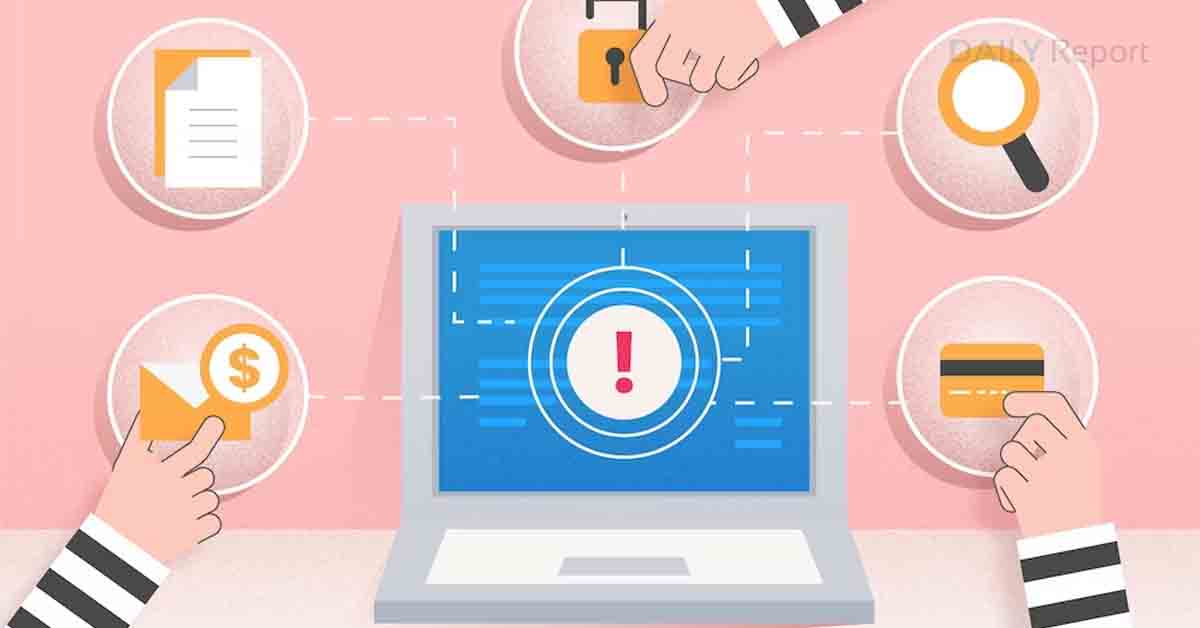Protecting Yourself from Online Scams: A Comprehensive Guide 2023
Introduction Protecting Yourself from Online Scams
With the increasing reliance on the internet for various aspects of our lives, it has become crucial to be aware of the risks posed by online scams. Online scams come in various forms, including phishing, identity theft, fraudulent schemes, and more. These scams can cause financial loss, compromise personal information, and even damage reputations. However, by staying informed and adopting effective strategies, you can protect yourself from falling victim to these scams. This guide aims to provide you with comprehensive information and practical tips to safeguard your online presence, financial well-being, and personal data.
1. Understanding Common Online Scams
Online scams come in various forms, and it is essential to understand each type to recognize potential threats. This section will delve into phishing scams, where scammers impersonate legitimate organizations to obtain sensitive information. Identity theft involves stealing personal data to commit fraudulent activities. Fake websites and online shopping scams trick unsuspecting individuals into making purchases from non-existent businesses. Employment and job scams lure job seekers with fake job offers. Lottery and prize scams promise large sums of money or prizes in exchange for personal information or fees. Romance scams exploit emotions to defraud victims. Investment and financial scams entice individuals with false promises of high returns or exclusive investment opportunities.
2. Recognizing Red Flags
Being able to identify red flags is crucial in avoiding online scams. This section will discuss suspicious emails and messages, such as grammatical errors, urgent requests for personal information, or unfamiliar senders. Unsecured websites and poor design can indicate potential scams. Requests for personal or financial information should be approached with caution. High-pressure sales tactics and offers that seem too good to be true often signify scams.
3. Strengthening Online Security
This section focuses on practical steps to enhance your online security. It covers the importance of strong and unique passwords for all your online accounts. Implementing two-factor authentication provides an extra layer of security. Using secure internet connections, such as virtual private networks (VPNs), helps protect your data. Regular software updates ensure that your devices are equipped with the latest security patches. Additionally, installing firewall and antivirus software can help detect and prevent potential threats.
4. Safe Online Shopping
Online shopping has become increasingly popular, but it also exposes consumers to potential scams. This section will discuss the importance of using trusted websites and secure payment methods. Verifying sellers and product reviews can help determine their credibility. Recognizing suspicious offers and deals can save you from falling victim to fraudulent schemes. Protecting personal and financial information during online transactions is crucial, and keeping track of your purchases adds an extra layer of security.
5. Social Media Safety
Social media platforms can be targeted by scammers to gather personal information. This section emphasizes the significance of adjusting privacy settings and limiting the information you share. Recognizing fake profiles and friend requests helps protect your online connections. Being cautious about oversharing personal information and avoiding clickbait and suspicious links can prevent potential scams. Reporting and blocking scammers also play a vital role in maintaining social media safety.
6. Educating Yourself and Others
Staying informed about current scams is essential in protecting yourself and others. This section emphasizes the importance of educating children and the elderly about online safety. Sharing information about scams and reporting them to relevant authorities and organizations helps raise awareness. Participating in community awareness programs creates a safer online environment for everyone.
7. Protecting Against Identity Theft
Identity theft can have severe consequences, and this section provides guidance on safeguarding personal identifying information. It explores methods such as being cautious about sharing sensitive information and regularly monitoring financial accounts and credit reports. Freezing credit reports and issuing fraud alerts can add an extra layer of protection. In the unfortunate event of identity theft, taking immediate action is crucial to minimize potential damage.
8. Reporting Scams and Seeking Help
Knowing how and where to report scams is vital in combatting online fraud. This section provides information on reporting scams to relevant authorities and organizations, such as the Federal Trade Commission (FTC) or local law enforcement agencies. Contacting your bank or financial institution is essential if you suspect fraudulent activity on your accounts. Seeking legal advice can be helpful, especially if you have suffered financial loss due to a scam. Online resources, such as scam-reporting websites and support forums, can provide additional assistance and guidance.
Conclusion
Protecting yourself from online scams requires vigilance, knowledge, and proactive measures. By understanding common types of scams, recognizing red flags, and strengthening your online security, you can significantly reduce the risk of falling victim to online fraud. Safe online shopping practices, social media safety measures, and educating yourself and others about online scams are vital components of staying protected. Additionally, taking steps to protect against identity theft and knowing how to report scams and seek help are essential in combating online fraud. By implementing the guidelines and strategies outlined in this comprehensive guide, you can navigate the digital landscape with confidence, safeguard your personal and financial information, and enjoy a secure online experience. Stay informed, stay vigilant, and stay safe.






